Dallas Office Market Gives Off Mixed Signals
Read how the Dallas office market performed compared to its peers, according to the latest CommercialEdge data.
The Dallas office market has been giving off mixed signals as construction starts significantly increased year-over-year, clashing with the overall landscape. Investment activity did however experience a significant drop in the past 12 months, as prices also fell by 15 percent.
There were some large leases signed in the metro, although many of them represented downsizings and relocations, as vacancy rates in the metro were slightly above the national average.
Construction starts grow year-over-year
As of November more than 6.1 million square feet of office space was under construction in Dallas across 28 properties, accounting for 1.8 percent of existing stock. The pipeline came in at slightly above the national figure of 1.7 percent and surpassing metros such as Phoenix (0.6 percent), Houston (1 percent), and Atlanta (1.4 percent), but considerably below other peer markets including Charlotte (3.2 percent), Nashville (4.5 percent), Austin (4.6 percent) and San Diego (4.7 percent).
The largest office project currently under construction in Dallas is the $500 million first phase of the NorthEnd project spanning 800,000 square feet. Being developed by Hillwood Urban, it will serve as the regional hub for Goldman Sachs. The first phase NorthEnd development is part of a larger 11-acre campus on North Field Street developed by Hunt Realty Investments which is slated to encompass 3.8 million square feet of space.
Another sizable project currently under construction is the 409,000-square-foot Ryan Tower, which is taking shape in Plano, Texas, and has recently been topped out by developer Ryan Cos. The 23-story building is slated for completion by 2024’s third quarter and is already 50 percent preleased to its anchor tenant, Ryan LLC.
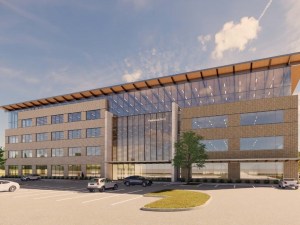
Phase II of The Parkwood office campus will be SFMG Wealth Advisors’ headquarters. Rendering courtesy of Cawley Partners
In 2023’s first 11 months construction started on 16 properties totaling nearly 3.2 million square feet and accounting for 1 percent of existing stock, double the national rate of construction. The volume of new developments represents a significant increase from last year when, during the same period, only 6 properties broke ground for a total of 1.8 million square feet.
Besides the aforementioned NorthEnd development, one sizeable property to have commenced construction in 2023 is the 120,000-square foot second phase of Cawley Partner’s The Parkwood office campus which is 43 percent preleased and expects completion next year.
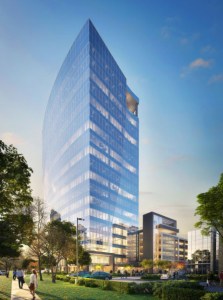
Granite Park 6 aims for LEED Silver and Fitwell certifications. Image courtesy of Granite Properties
In terms of new supply, developers brought online more than 3.8 million square feet of office space across 23 properties and representing 1.2 percent of stock, once again surpassing the national delivery figure of 0.8 percent. In terms of sheer volume of space brought to market, the metro led its peers including the Bay Area (3.6 million square feet), Austin (2.7 million square feet) and Atlanta (1.9 million square feet).
One of the largest properties to open in the Dallas office market is Granite Park 6, a 422,109-square-foot building developed by Granite Properties. The 19-story tower was financed through a $115 million loan from Bank OZK, as well as equity investments from joint venture partner Highwoods Properties.
Transaction volume drops
Year-to-date through November, investment volume in the Dallas office market totaled $158 million, as some 8.5 million square feet changed hands across 59 properties. These figures represent a huge drop in volume from last year, when during the same period more than 25 million square feet traded for a total of nearly $2.3 billion.
Consequently, the price per square foot also decreased clocking in at $165.1, a nearly 15 percent decrease from last year’s $194.2. Prices in Dallas did surpass Houston ($127.3), Charlotte ($144.8) and Atlanta ($157.2), but considerably trailed Austin ($316.4), the Bay Area ($331.4) and San Diego ($402.3).
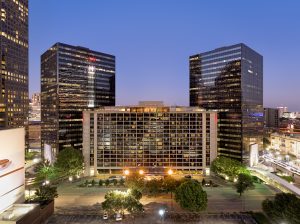
Plaza of the Americas underwent $26 million in renovations over the past decade. Image courtesy of Newmark
One of the most sizeable deals in the Metroplex this year was Mirae Asset Global Investments and Transwestern’s joint sale of CityLine’s office component which encompasses some 2.2 million square feet of office space within a 186-acre mixed-use complex. The property, which is now fully leased to State Farm, last traded in 2016, as part of a $825 million portfolio transaction.
Another large deal to occur recently in Dallas is Shelbourne Global Solutions’ acquisition of Plaza of The Americas, an office asset spanning 1.2 million square feet in downtown Dallas. M-M Properties sold the two 25-story towers comprising the property, which were completed in 1980 and underwent $26 million in renovations over the past decade.
Owners land significant leases in DFW
The vacancy rate in Dallas clocked in at 18.9 percent as of November, slightly above the 18.2 percent national average. The Metroplex did however register a number of significant leasing deals this year, one of the biggest ones being Bank of America committing to 248,000 square feet at an upcoming property in Uptown. The 500,000-square-foot tower is being developed by a joint venture between Pacific Elm Properties and KDC. The tenant’s commitment represents a downsize from the 500,000 square feet it currently occupies at the 72-story Bank of America Plaza.
Another significant deal is Clarion Partners securing a lease for 90,609 square feet from HF Sinclair Corp. at One Victory Park. The energy firm is relocating its headquarters to the 20-story, 436,000-square-foot tower and was represented by CBRE in the transaction.
Law firm Haynes and Boone LLP also opened its new DFW office at Hardwood No. 14, inking an agreement for 142,000 square feet with landlord Harwood International. The company initially preleased 125,000 square feet when the building was still in development but has expanded the space prior to it moving in. With this move, the firm is relocating its headquarters from the aforementioned One Victory Park.
Coworking remains an option in Dallas
The amount of flexible space in the Dallas office market totaled more than 4.8 million square feet as of November, accounting for 1.7 percent of stock. The share of coworking space was on par with Houston and Austin, and more than in metros such as Charlotte (1.3 percent), the Bay Area (1.4 percent) and Atlanta (1.6 percent). The secondary markets with the highest shares of flexible space were Nashville and Raleigh–Durham with 2.7 percent each.
The largest flexible office space operator in The Metroplex was Regus with 649,480 square feet across 38 properties. Other key players in the market were Lucid Private Offices with 18 properties totaling 435,034 square feet, as well as WeWork with a portfolio of some 418,000 square feet.

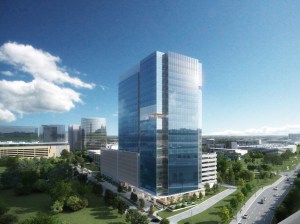
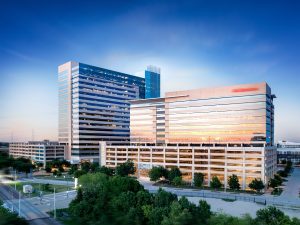
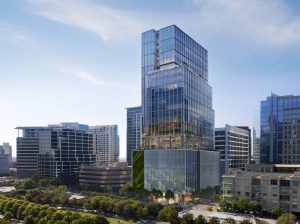
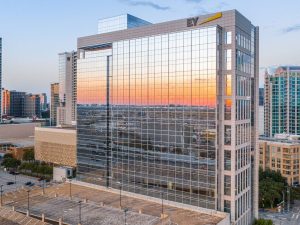
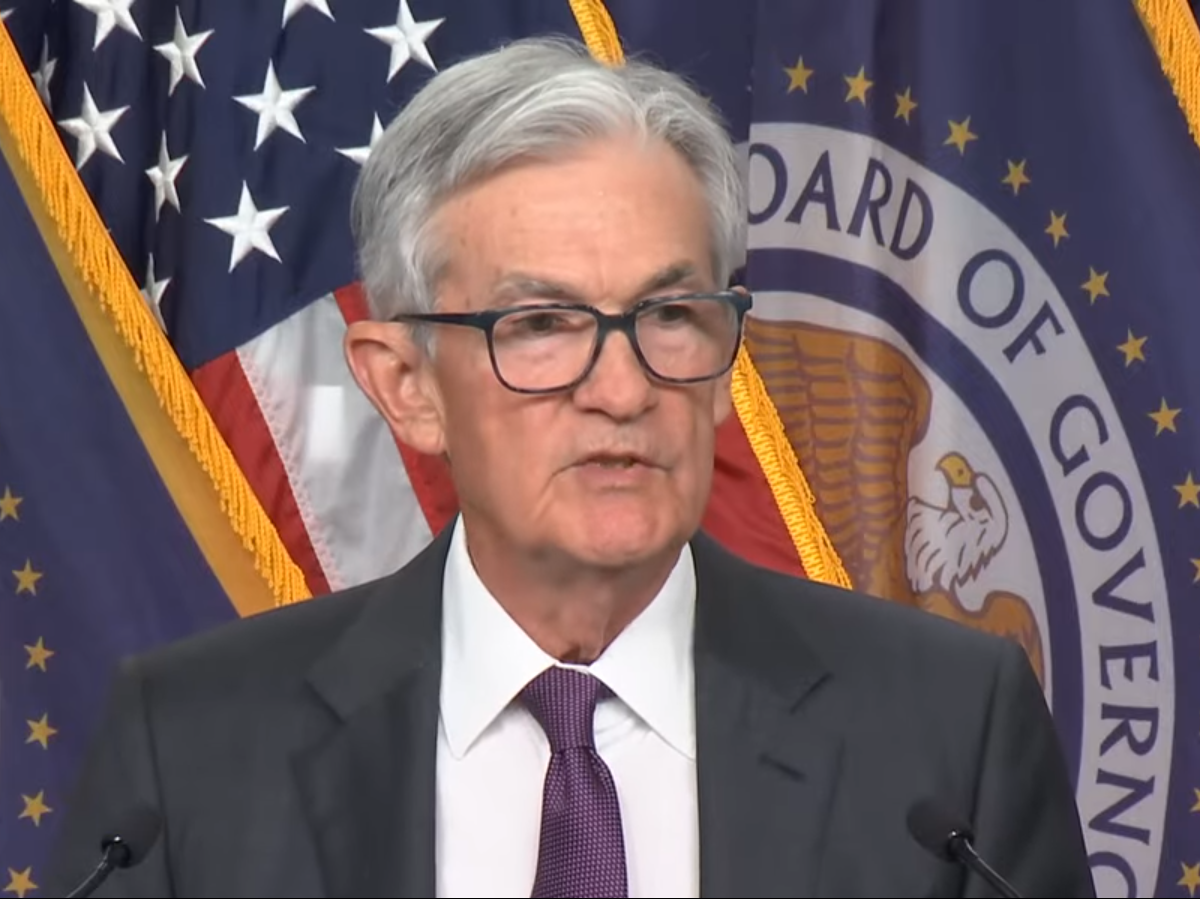
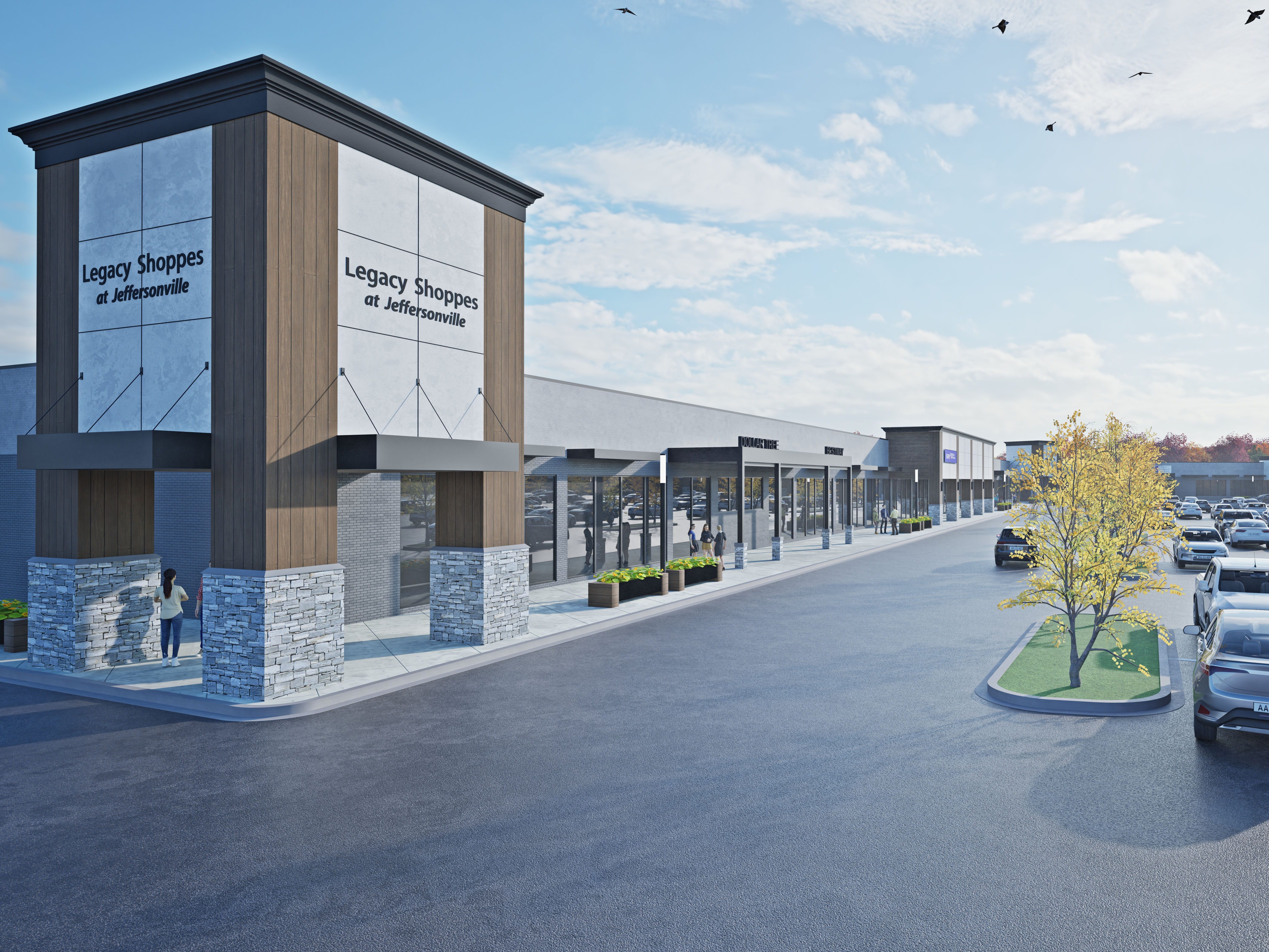
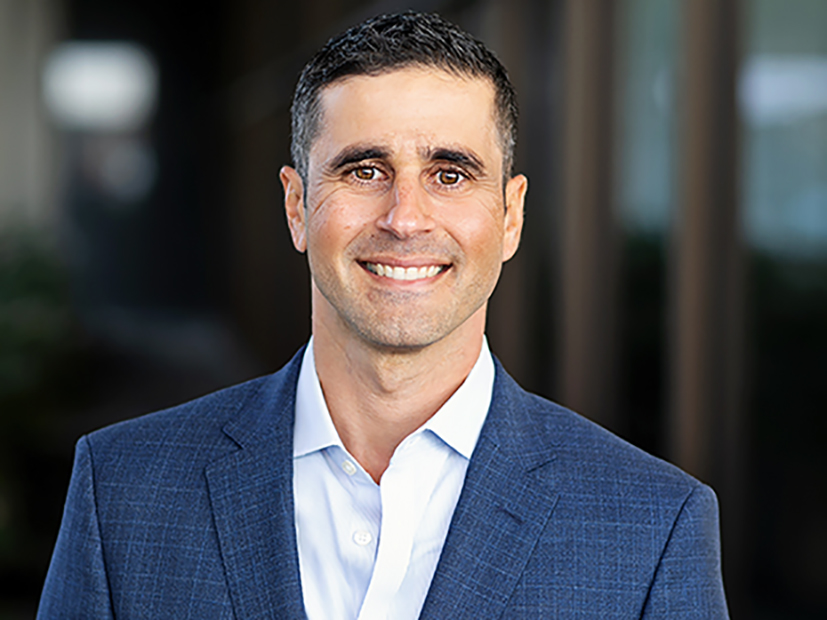



You must be logged in to post a comment.